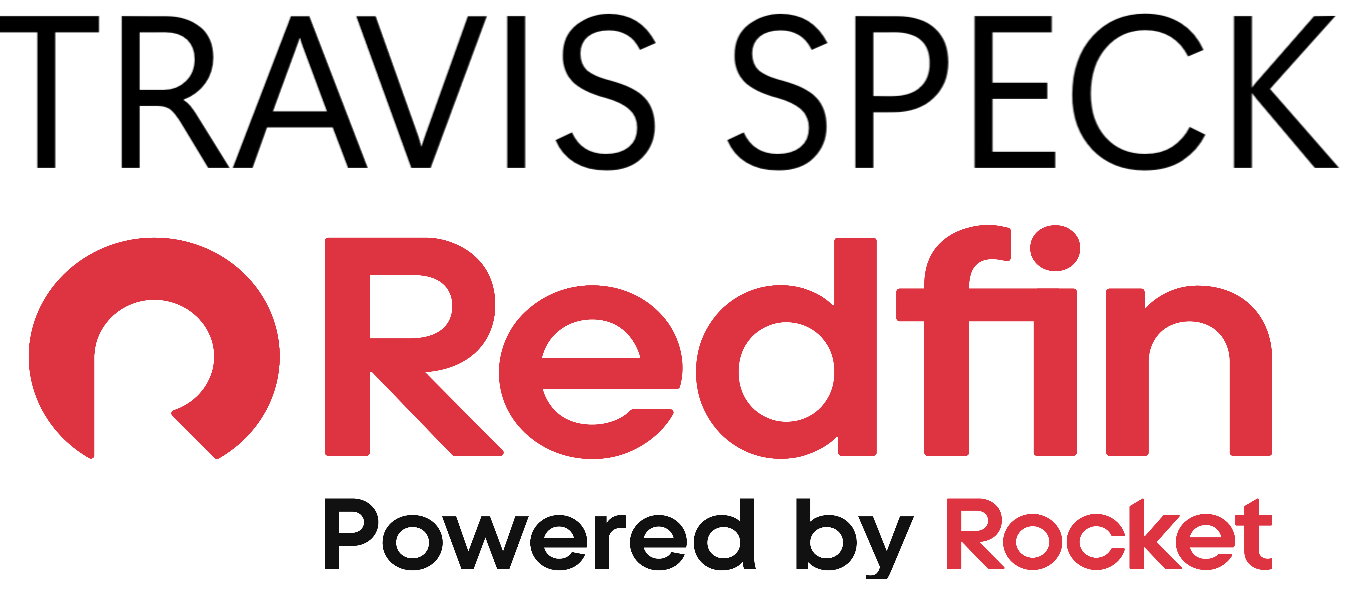Maui Long-term Rental Calculator
Main home + Ohana(s)
Annual Income Statement
| Gross Rental Income | $0 |
| Principal and Interest | $0 |
| Property Taxes | $0 |
| Property Taxes = (0 / 1,000) × $3.00 = $0 | |
| Water and/or Sewer Cost | $0 |
| Electric Cost | $0 |
| Gas Cost | $0 |
| Internet Cost | $0 |
| HOA Fee | $0 |
| Capital Reserves | $0 |
| Home Insurance | $0 |
| Total Expenses | $0 |
| Net Annual Income | $0 |
ROI Valuation
ROI: NA%
Cash on Cash Return
Cash on Cash Return: NA%
Monthly Cash Flow
Monthly Cash Flow: $0
Overview
Being a landlord in Maui County for long-term rentals involves managing residential properties leased for a minimum of six months or longer, as mandated by local regulations. This role requires compliance with the Hawaii Landlord-Tenant Code (Hawaii Revised Statutes, Chapter 521), which outlines the legal rights and responsibilities of both landlords and tenants. Landlords must ensure properties meet habitability standards, handle tenant relations, maintain financial records, and adhere to local and state laws. The role demands balancing tenant satisfaction with property upkeep and profitability, all while navigating Maui’s unique housing market and regulations.Landlord ResponsibilitiesLandlords in Maui County are responsible for maintaining safe, habitable rental properties and complying with the Landlord-Tenant Code. Typical responsibilities include:
Property Maintenance: Ensuring the property is in good condition, including structural integrity, plumbing, electrical systems, and appliances.
Utilities (Non-Metered): Paying for utilities that are not separately metered. For example, if a single water meter serves multiple tenants (e.g., three tenants in one house), the landlord typically covers the water bill.
Landscaping: Handling landscaping tasks, such as lawn mowing, tree trimming, and general upkeep. Relying on tenants for landscaping is not recommended due to inconsistent results and potential disputes.
Pest Control: Arranging and paying for quarterly pest control services and preventive termite treatments to protect the property and ensure tenant comfort.
Repairs: Promptly addressing necessary repairs to maintain habitability, as required by the Landlord-Tenant Code (e.g., fixing leaks, broken appliances, or heating systems).
Legal Compliance: Providing written rental agreements, adhering to the six-month minimum lease term, collecting and refunding security deposits per the Code, and following eviction procedures if needed.
Safety and Compliance: Ensuring compliance with building codes, fire safety regulations, and health standards, including providing smoke detectors and safe water supply.
Tenant Responsibilities Tenants are expected to fulfill obligations outlined in the lease agreement and the Landlord-Tenant Code, including:
Rent Payment: Paying rent on time as stipulated in the lease.
Property Care: Keeping the rental unit clean and reporting maintenance issues promptly.
Utilities (Metered): Paying for separately metered utilities, such as electricity or gas, unless otherwise specified in the lease.
Compliance with Rules: Following lease terms, such as restrictions on pets, noise, or unauthorized occupants.
Minor Maintenance: Handling minor tasks like replacing light bulbs or air filters, unless otherwise agreed.
Damage Liability: Paying for repairs due to tenant negligence or intentional damage.
Finding Suitable Properties for Long-Term Rentals in Maui CountyWhen selecting properties for long-term rentals in Maui County, landlords should prioritize features that enhance tenant appeal, maximize rental income, and minimize maintenance costs. Desirable property characteristics include:
Privacy: Units with private layouts, such as separate living spaces or soundproofing, to ensure tenant comfort.
Separate Entrances: Individual entrances for each unit to enhance privacy and accessibility, especially in multi-unit properties.
Lots of Bedrooms and Bathrooms: Properties with multiple bedrooms and bathrooms to accommodate families or shared households, increasing rental value.
Spacious Rooms: Large, open rooms that appeal to tenants seeking comfort and flexibility in living spaces.
Homes with PV Systems: Properties with photovoltaic (solar) systems to reduce electricity costs, making units more attractive in Maui’s high-energy-cost market.
Low-Maintenance Landscaping: Yards with native plants, xeriscaping, or minimal lawn areas to reduce upkeep costs and time.
Multiple Units: Properties with multiple rental units (e.g., duplexes or triplexes) to maximize income, though dividing homes into very small units may not always yield the highest rent due to tenant preferences for space and comfort.
Additional Considerations
Hawaii Landlord-Tenant Code: Landlords must familiarize themselves with the Code (Hawaii Revised Statutes, Chapter 521), which governs rental agreements, security deposits, repairs, and eviction processes. Key provisions include the six-month minimum lease term for long-term rentals, limits on security deposits, and timelines for repairs.
Market Dynamics: Maui’s high demand for housing and limited supply can lead to competitive rental rates, but landlords must balance rent prices with property quality and tenant expectations.
Financial Management: Landlords should maintain records for rent, expenses, and maintenance to ensure profitability and compliance with tax laws.
Tenant Screening: Thoroughly vetting tenants through background checks, credit reports, and references helps ensure reliable, long-term occupants.
By focusing on tenant-friendly properties, adhering to legal requirements, and maintaining clear communication, landlords in Maui County can successfully manage long-term rentals while fostering positive tenant relationships and sustainable income. Reference: Hawaii Landlord-Tenant Code (HRS Chapter 521)
Long Term Rental Tax Exemption
Maui County offers a Long-Term Rental Exemption to encourage stable housing, reducing the taxable assessed value of qualifying properties by up to $200,000 for rentals leased for 12 consecutive months or longer to the same tenant, or $100,000 if the property also has a homeowner exemption, effective January 1, 2022. To qualify, owners must apply by December 31 with a signed lease and ensure properties are not used for short-term rentals. For the 2024-2025 fiscal year, long-term rental properties are taxed at $3.00 per $1,000 of assessed value for properties valued at $1,000,000 or below (Tier 1), $5.00 per $1,000 for those between $1,000,001 and $3,000,000 (Tier 2), and $7.00 per $1,000 for properties above $3,000,000 (Tier 3), significantly lower than short-term rental rates, which range from $12.50 to $15.00 per $1,000.

